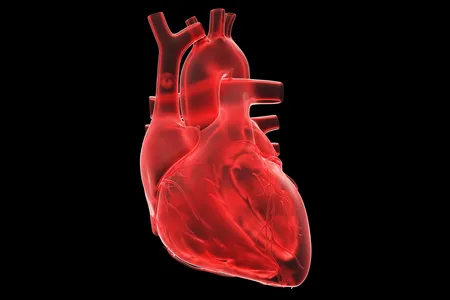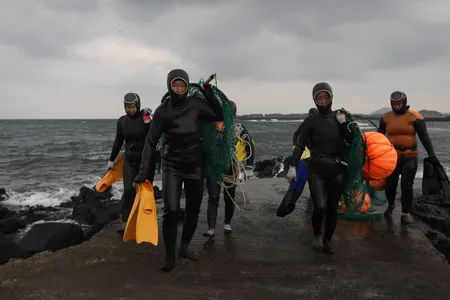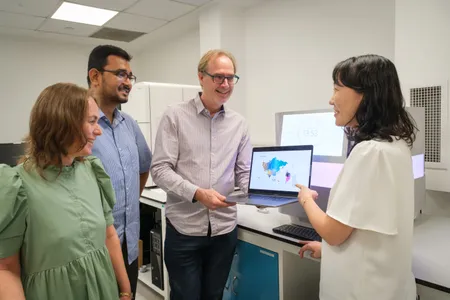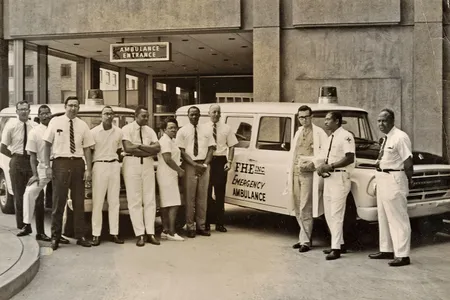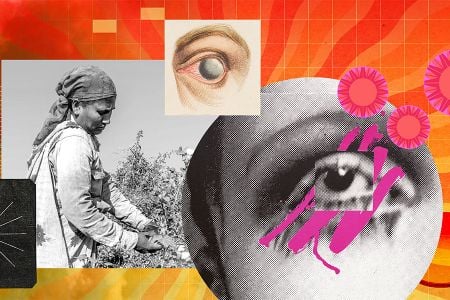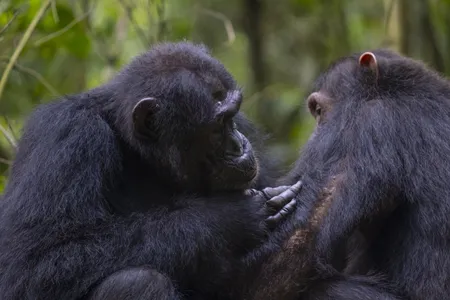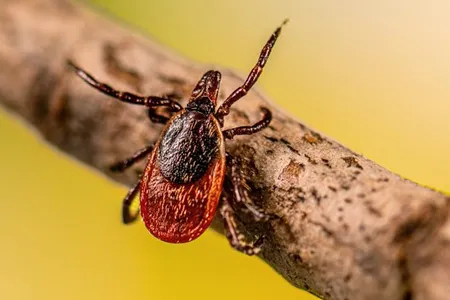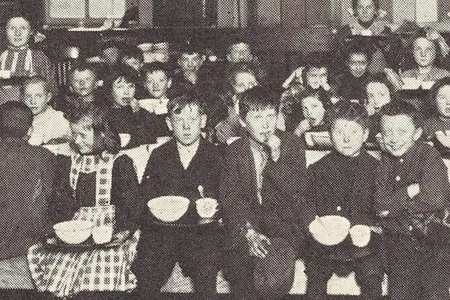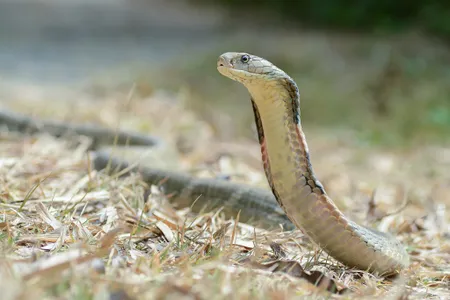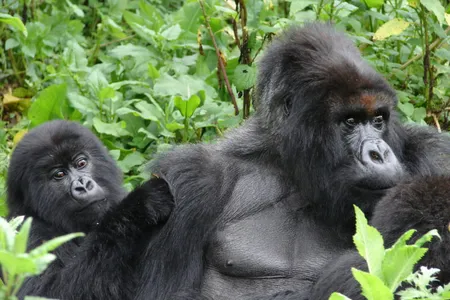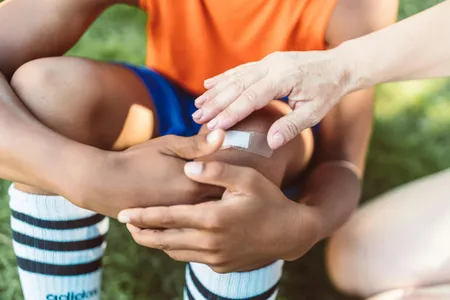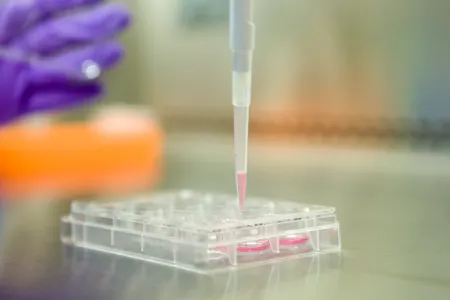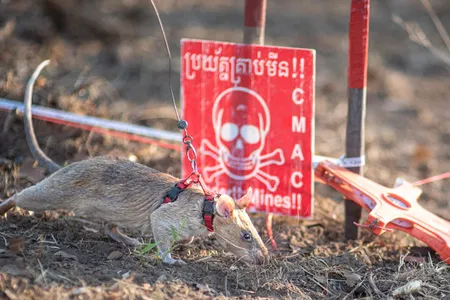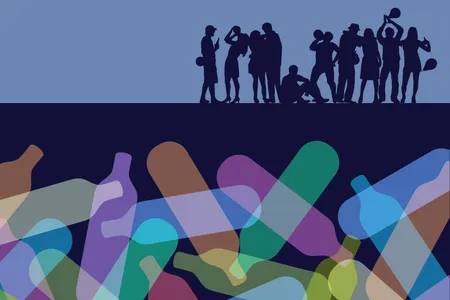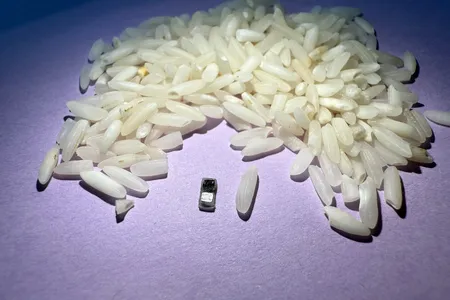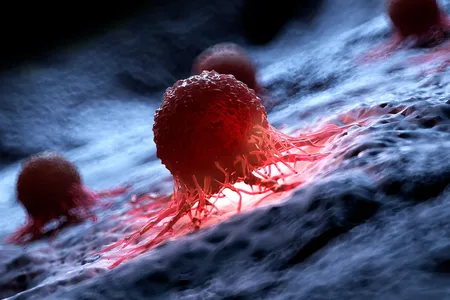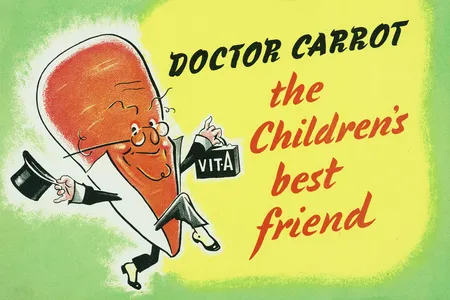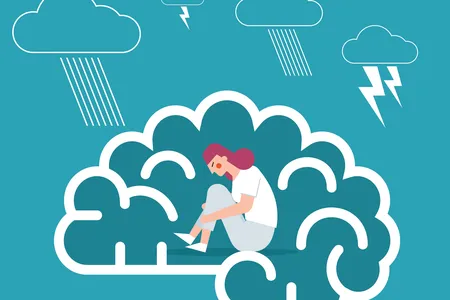This 14-Year-Old Built an App That Detects Heart Diseases in Seconds
Siddarth Nandyala wants to put his tool in the hands of medical professionals so that they can catch cardiovascular abnormalities in their early stages
South Korea’s Female Free Divers May Have Evolved to Thrive Underwater, Study Finds
The Haenyeo, a group of skilled divers on Jeju Island, plunge beneath the ocean’s surface without any breathing equipment, thanks to a combination of their training and genetics
Scientists Use DNA to Trace Early Humans’ Footsteps From Asia to South America
Over thousands of years, humans from Eurasia trekked more than 12,400 miles to eventually reach the southernmost tip of South America, a new genetic investigation suggests
These Trailblazing Black Paramedics Are the Reason You Don’t Have to Ride a Hearse or a Police Van to the Hospital
In the late 1960s and early 1970s, Freedom House Ambulance Service set the standard for emergency medical care, laying the groundwork for the services available today
Climate Change Is Threatening Eye Health in Disturbing Ways
Cataracts, pinkeye and other ocular disorders are linked to heat, air pollution and higher UV exposure
Chimpanzees Perform First Aid on Each Other, Study Finds, and It May Shed Light on the Evolution of Human Health Care
Researchers describe cases of chimps tending to others’ wounds, as well as a chimp that freed another from a snare
A Potentially Life-Threatening Disease Caused by Ticks Is Expanding to New Parts of America
Babesiosis typically occurs in the Northeast and the Upper Midwest, but new research suggests rare cases are emerging in the mid-Atlantic region including Delaware, Maryland and Virginia
American Schools Have Been Feeding Children for More Than 100 Years. Here’s How the School Lunch Has Changed
A new exhibition in Philadelphia explores how nutritional science, technological advances and political debates shaped the foods on schoolchildren’s trays
200 Snakebites Later, One Man’s Blood May Hold the Key to a Universal Antivenom
Over two decades, Tim Friede has injected himself with snake venom hundreds of times, and subjected himself to more than 200 bites. Now, scientists are working on an antivenom derived from his antibodies
For Mountain Gorillas, Being Social Comes With Both Benefits and Drawbacks, Study Suggests
A new analysis of wild gorillas in Rwanda indicates the effects of different social styles are dependent on context
Human Evolution Traded Fur for Sweat Glands—and Now, Our Wounds Take Longer to Heal Than Those of Other Mammals
Even compared to chimpanzees, one of our closest relatives, humans’ scrapes and cuts tend to stick around for more than twice as long, new research suggests
Nearly Half of Americans Still Live With High Levels of Air Pollution, Posing Serious Health Risks, Report Finds
The most recent State of the Air report by the American Lung Association found that more than 150 million Americans breathe air with unhealthy levels of ozone or particle pollution
Stem Cell Therapies Could Treat Parkinson’s Disease by Rebuilding Lost Circuitry in the Brain, Studies Suggest
Two small clinical trials tested the safety of injecting stem cells into the brains of Parkinson’s patients and found no adverse effects
Super-Sniffing Rat Sets a New World Record for Discovering Deadly Land Mines—and He’s Just Getting Started
Ronin, a 5-year-old African giant pouched rat, has found 109 land mines and 15 other unexploded ordnances in Cambodia
The Long, Strange History of Nitrous Oxide, a Popular Drug Users Have Been Inhaling for Hundreds of Years
Galaxy Gas has brought the drug back into the spotlight, and scientists are raising alarms about its health risks
Researchers Develop the World’s Smallest Pacemaker, and It Could Be Revolutionary for Newborn Babies With Heart Defects
The new device is smaller than a grain of rice and gets absorbed by the patient’s body when it’s no longer needed, eliminating the risks of an extraction surgery
How Do Cancer Cells Migrate to New Tissues and Take Hold?
Scientists are looking for answers about how these confounding trips, known as metastases, occur throughout the human body
Carrots Can’t Help You See in the Dark. Here’s How a World War II Propaganda Campaign Popularized the Myth
The British government claimed that eating carrots helped its fighter pilots shoot down German planes at night. In truth, the Royal Air Force relied on top-secret radar
This 17-Year-Old Scientist Is Making an Acetaminophen Alternative That Is Less Damaging to the Liver
Chloe Yehwon Lee’s research could change the painkiller, known by the brand name Tylenol, for the better, ultimately reducing emergency room visits and cases of liver failure
For Some Women With Serious Physical Ailments, Mental Illness Has Become a Scapegoat Diagnosis
Patients with difficult-to-diagnose conditions like endometriosis are often sent home with diagnoses like anxiety or bipolar disorder
Page 2 of 111
